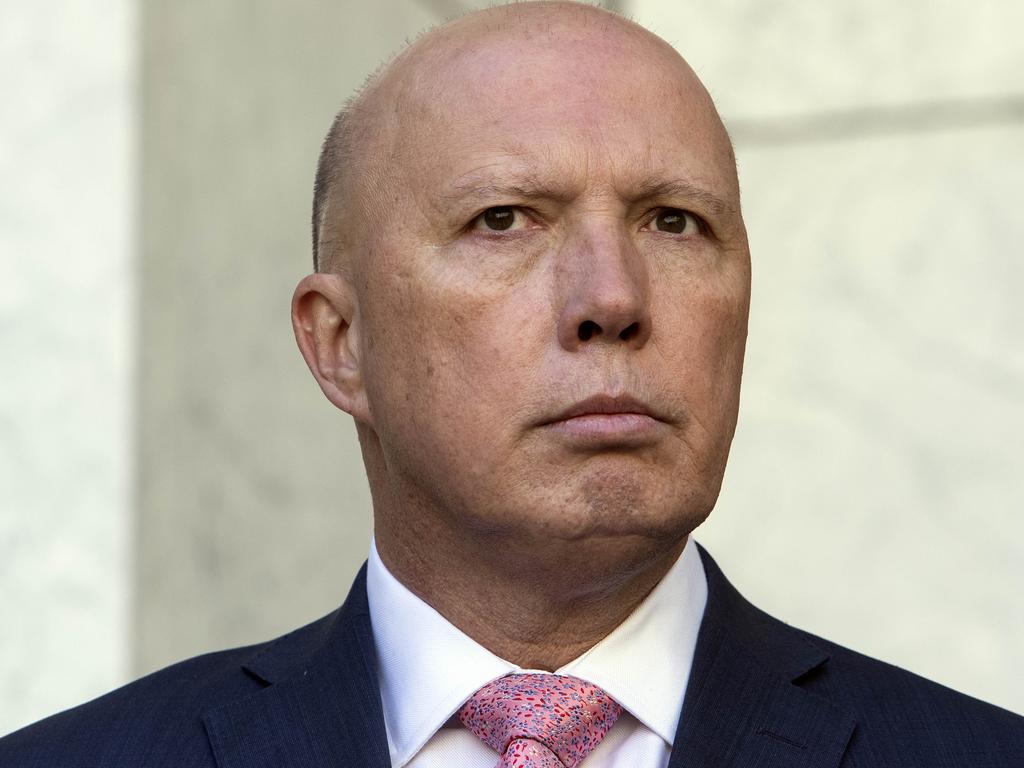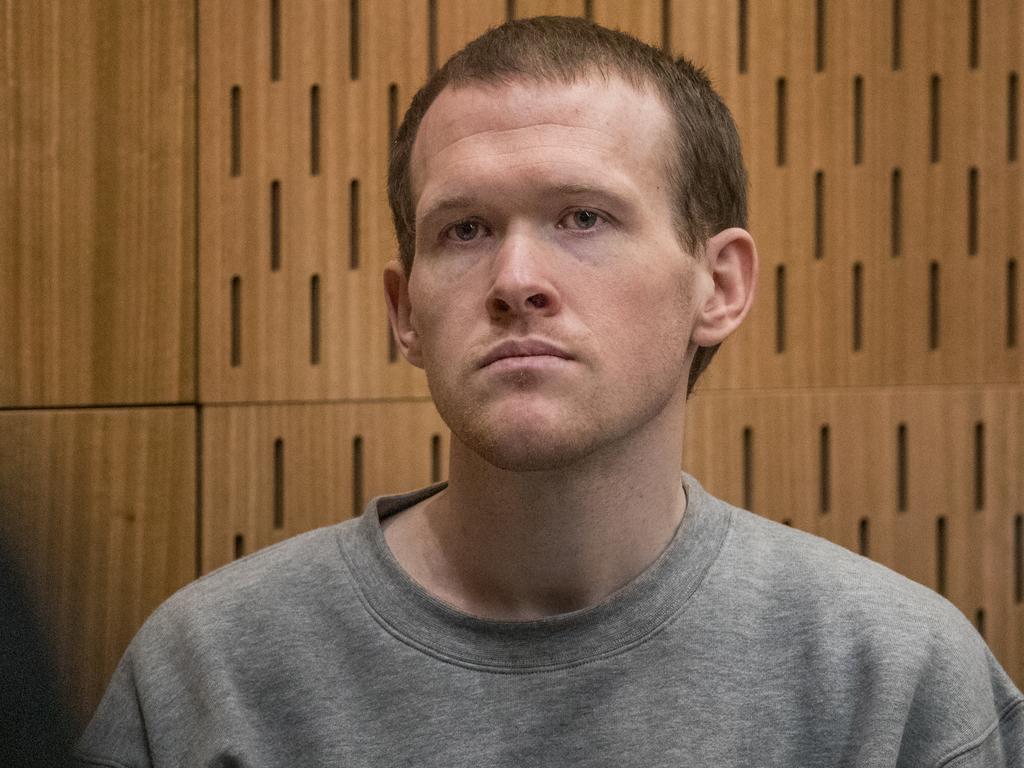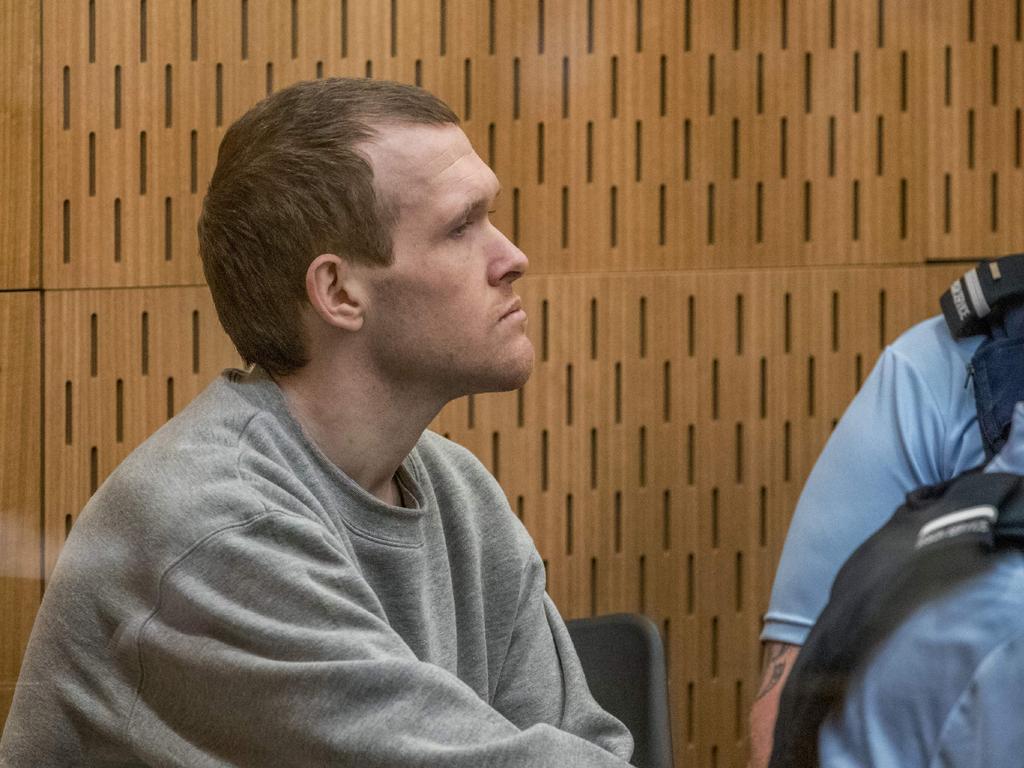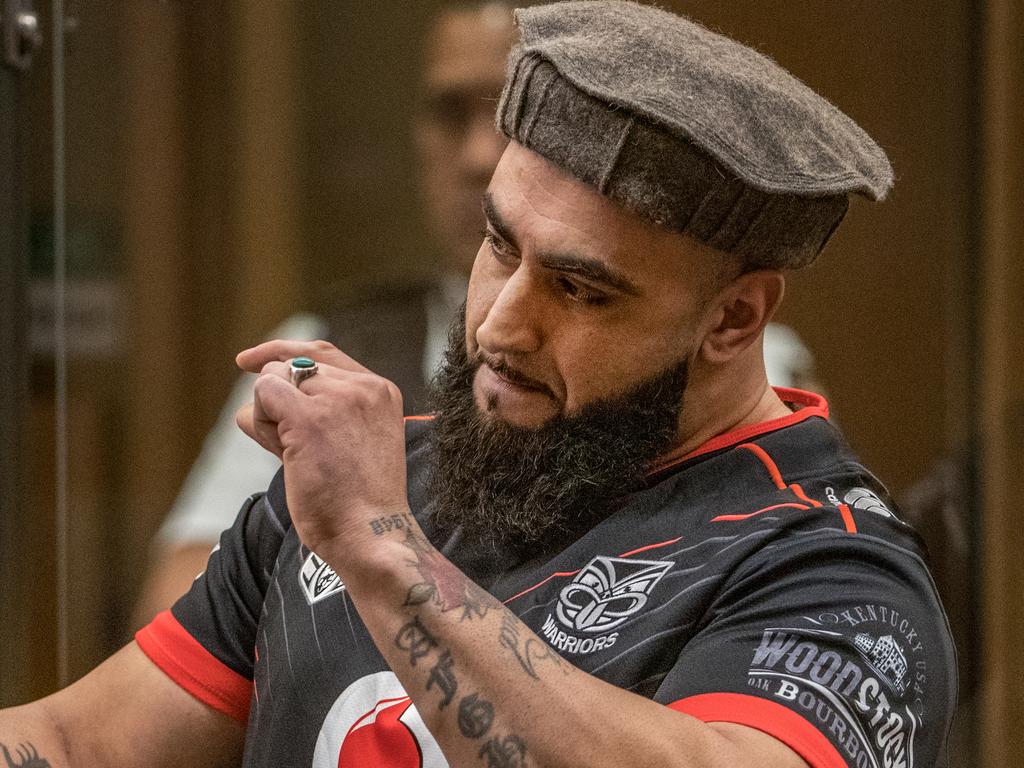Christchurch massacre: ‘fragile’ security agencies failed to stop Australian terrorist Brenton Tarrant
Brenton Tarrant was a ‘socially-isolated’ white supremacist who was radicalised partly by extremist content on YouTube: NZ commission report.
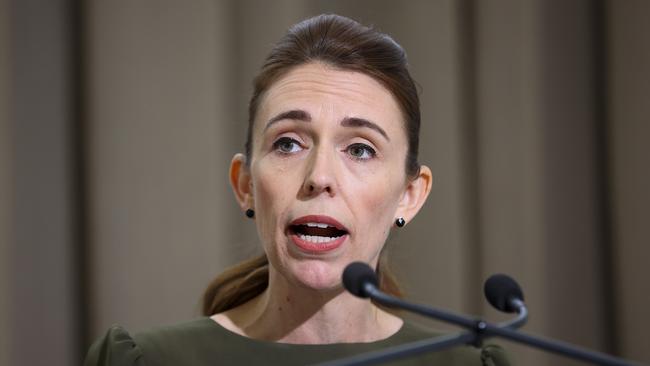
Australian terrorist Brenton Tarrant was a “socially isolated” white supremacist radicalised partly by extremist content on YouTube, an inquiry has found.
New Zealand’s royal commission into last year’s Christchurch mosque shootings also found the country’s security agencies were in a “fragile state” when 51 Muslim worshippers were slaughtered by Tarrant, who live-streamed the attack on Facebook.
The commission’s final report concluded that, despite the shortcomings of various agencies, there were no clear signs the attack was imminent — aside from the manifesto Tarrant sent out just eight minutes before he began shooting, which came too late for agencies to respond.
“There was no plausible way he could have been detected except by chance,” the inquiry found. “The fact the individual was not detected was not in itself an intelligence failure.”
However, the report did detail failings in the police system for vetting gun licences, and says that New Zealand’s intelligence agencies were too focused on the threat posed by Islamic terrorism, at the expense of other threats including far-right extremism.
On Tuesday, New Zealand Prime Minister Jacinda Ardern acknowledged that the country’s limited security apparatus had not focused enough on the threat from right-wing terrorists.
“The commission found no failures within any government agencies that would have allowed the terrorist’s planning and preparation to be detected,” she said.
“While the commission made no findings that those failings would have stopped the attack, these were failings nonetheless and for that, on behalf of the government, I apologise.”
Tarrant was sentenced in August to life in prison without the possibility of parole after pleading guilty to 92 counts of terrorism, murder and attempted murder.
Among 44 recommendations, the report says the government should establish a new national intelligence agency, change gun licensing, have more support for survivors, stronger hate speech laws, and policies for improved social cohesion.
A need to “understand the rise of the far right” was among the top issues explored by the Royal Commission of Inquiry into the Terrorist Attack on Christchurch Mosques. In an effort to thwart future attacks, it recommended security agencies focus on three key indicators of suspicious activity: travel patterns, financial transactions and social media.
Ms Ardern said she would speak directly to company leaders at YouTube, after the inquiry revealed the platform’s alleged role in Tarrant’s path to radicalisation and mass murder.
The report also found that NZ’s regulation of automatic weapons was “lax” and “open to easy exploitation”, which allowed Tarrant to “game” the system. His application for a firearms licence was approved within about three months of his arrival.

